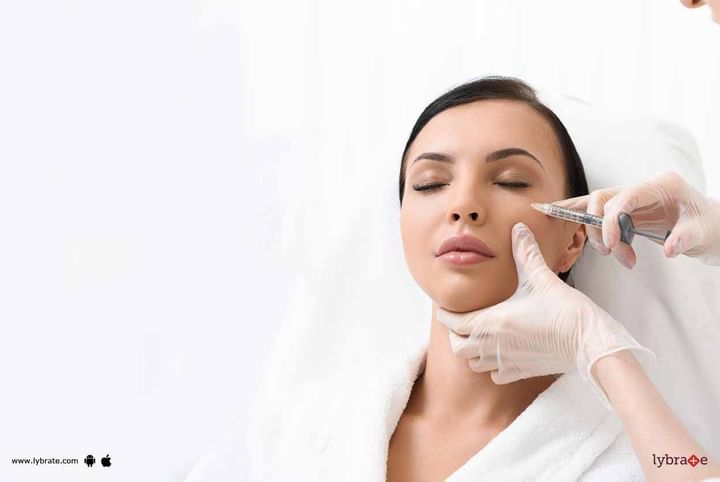Botox - How Beneficial Is It?
Are you planning on undertaking a cosmetic procedure for rejuvenating your skin? Botox treatment is considered to be effective for this purpose. Botox is a drug made from a certain neurotoxin, and it is produced by a bacteria known as Clostridium botulinum. Botox is also used for medical purposes, especially for the treatment of muscle related conditions. It is primarily used for removing wrinkles via a procedure in which your facial muscles are temporarily relaxed.
Major Uses
Except for reducing the appearance of your wrinkles and facial lines, which appear because of aging, Botox is used for the treatment of conditions which include leaky bladders, migraines, excessive sweating, and eye squints. Over 20 medical conditions utilize botox as a part of treatment.
How does it work?
Botulinum toxin or botox is a poisonous substance. A single gram of botox can kill over one million people. But it acts as an ideal therapeutic protein when utilized in a proper, required dosage.
About botox procedure
Botulinum toxin powder is diluted in saline to be administered. It is injected into a patient’s neuromuscular tissue and takes around 72 hours to show results. This time reflects the amount of time that is required for disruption of your body’s usual synaptosomal process. It takes around 5 days for the full effect of Botox treatment to show. Pregnant or lactating women and people who are allergic to it from a previous treatment should avoid any form of botox treatment.
Side effects and associated risks
Although injections containing botox are well tolerated, there are several side effects involved. They are as follows:
- A person having a genetic predisposition in which a mild, transient response to botox is received. Some patients taking type A botox injections are likely to develop antibodies to the toxins. This makes the treatment ineffective. Antibody development is also indicated in cases of patients taking a type B botox injection for treating cervical dystonia.
- Along with the intended effects, botulinum toxin may cause some other side effects, which are quite undesirable. They may include headaches, malaise, mild cases of nausea, transient numbness, mild pain, local edema and erythema at the site where the injection is given.
- Temporary fatigue, of your surrounding musculature are also likely because of the toxin and its actions.
- Temporary upper lid and brow ptosis or drooping is another side effect involved with botox.
The results obtained from treatment by type B botox is said to be more effective than botox A treatment. You may expect better results when your muscles remain contracted instead of being relaxed.



+1.svg)
